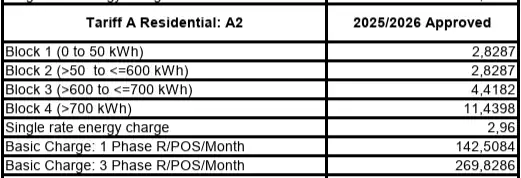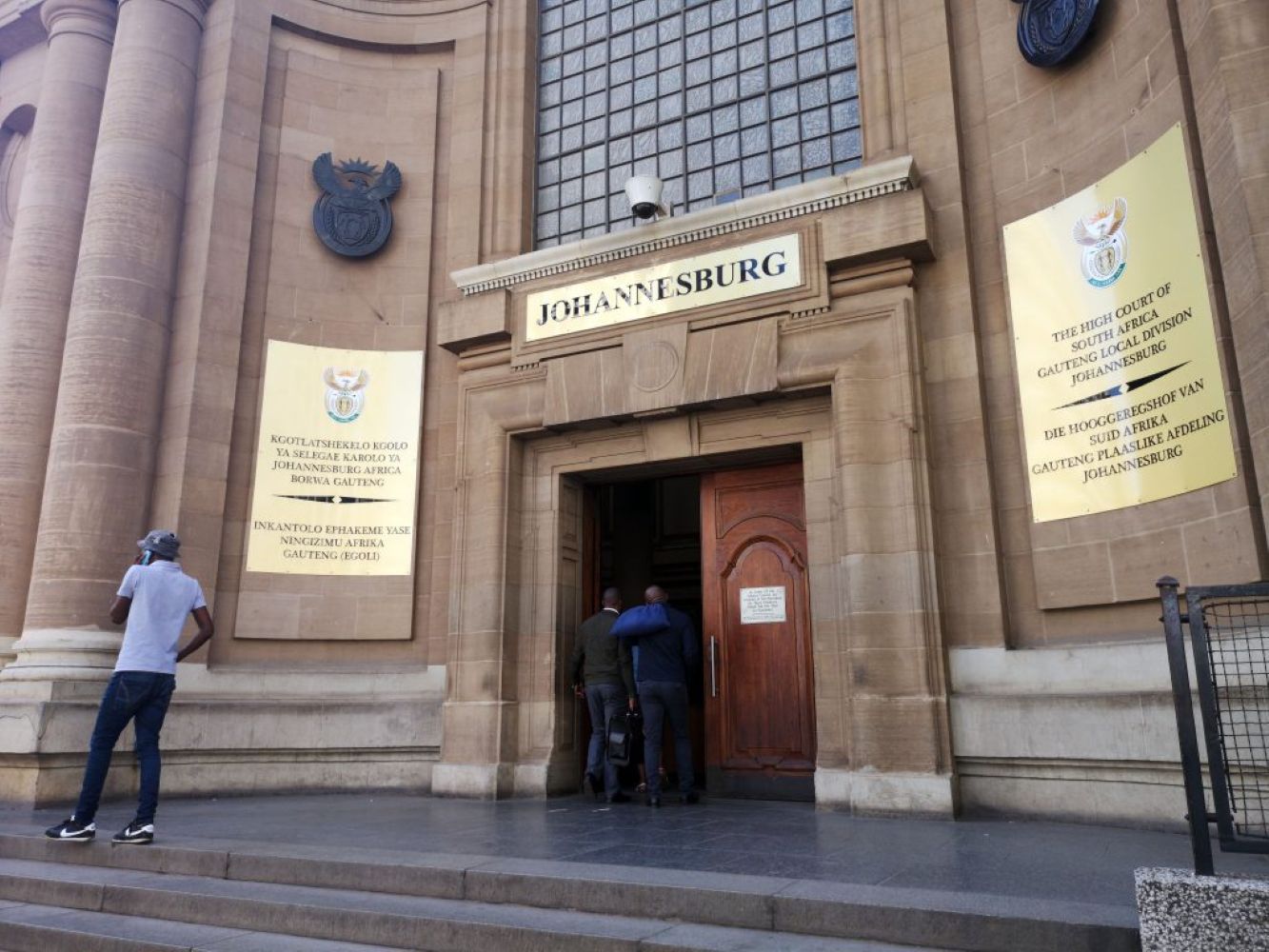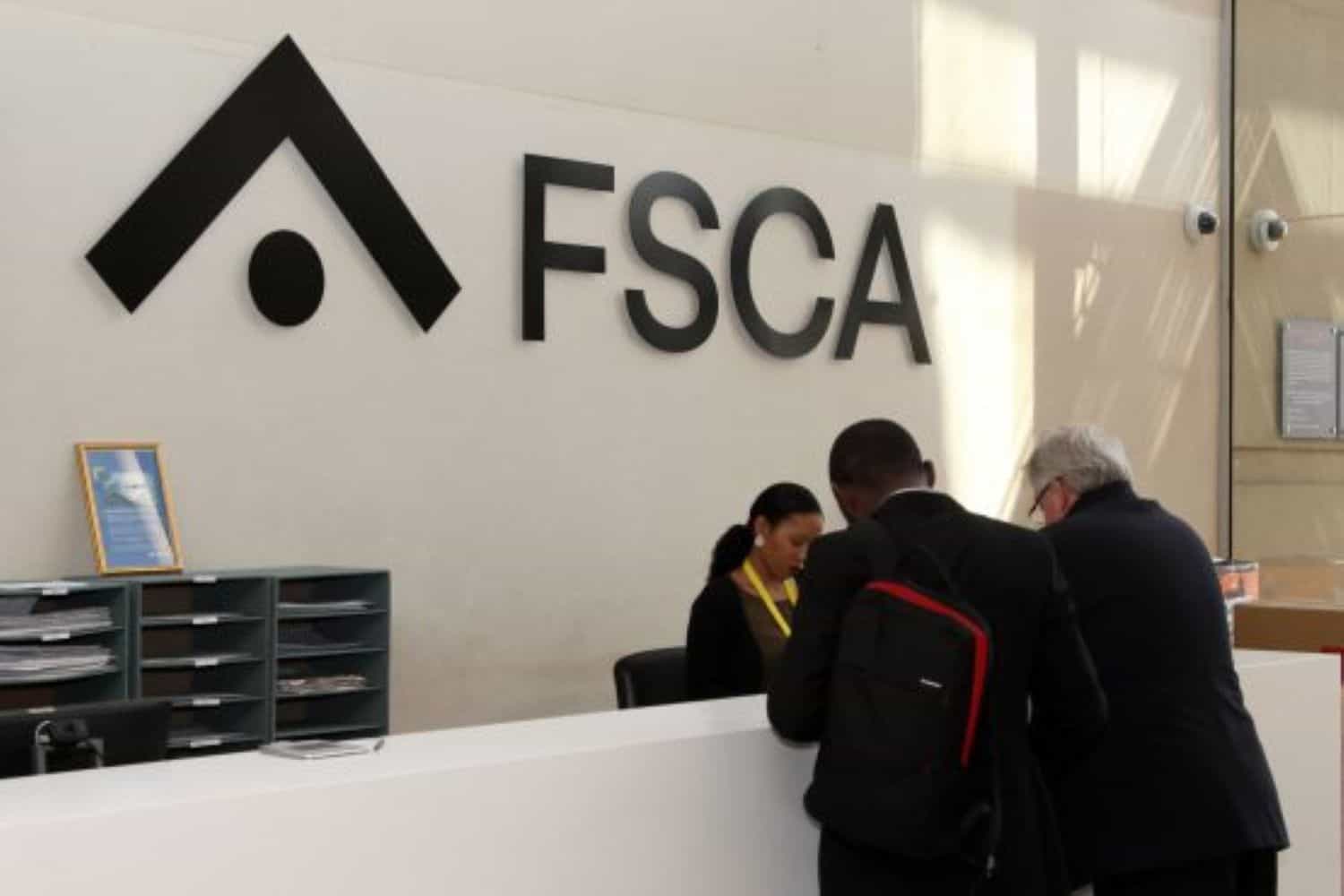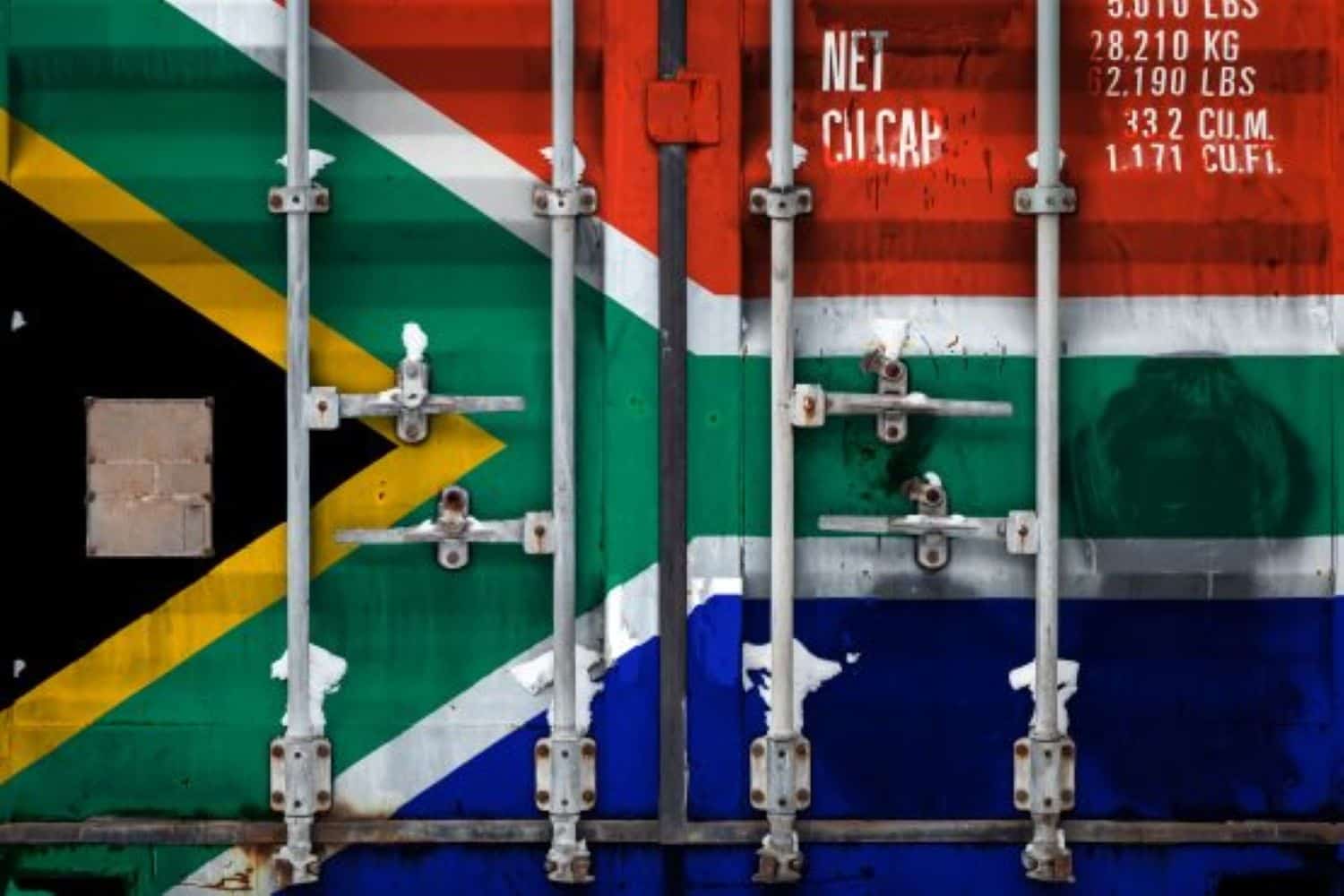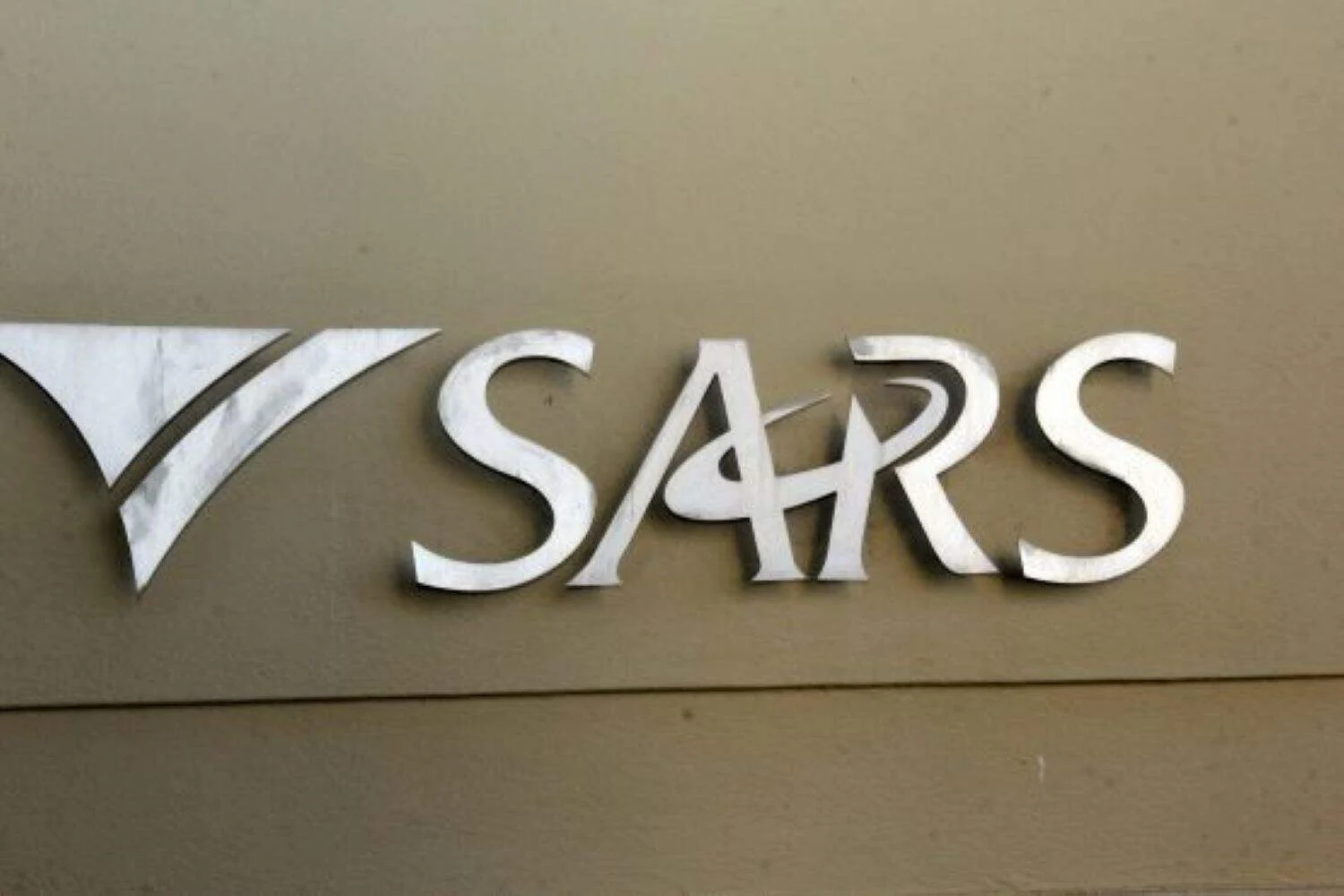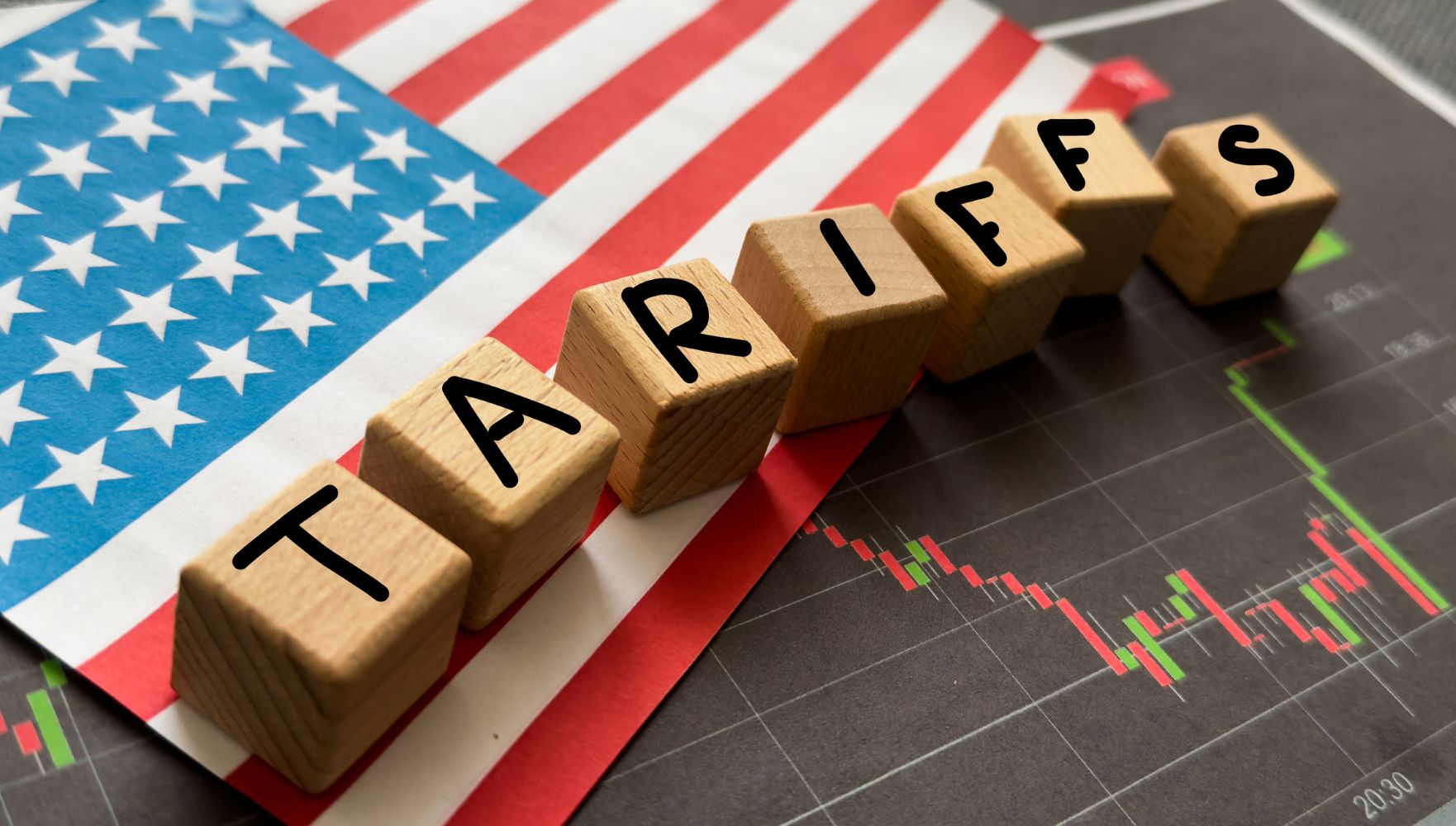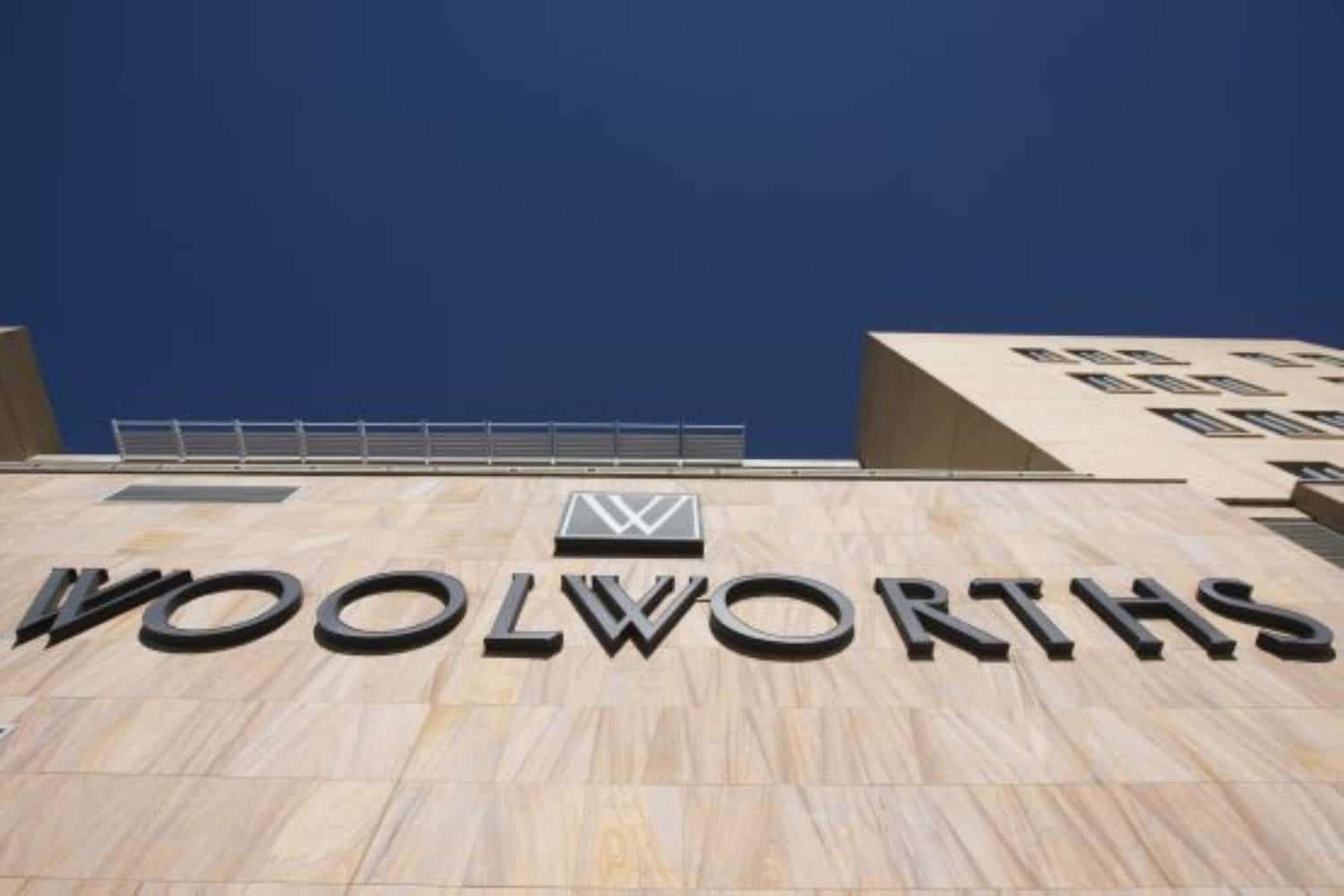‘Resulted in thousands of residents being overcharged for electricity on 1 July.’
A discrepancy between the electricity tariffs approved by the Ekurhuleni metro council on 29 May 2025 and those approved by energy regulator Nersa thereafter has left residents angry and confused.
Electricity resellers, who must base the tariffs they charge end-users on the municipal tariffs, are at a loss.
“You don’t know what to implement, because who do you believe – the metro or Nersa?” asks Johan Hopley, chair of the Electricity Resellers Association of South Africa (Erasa).
Electricity resellers play a critical role – especially in sectional title complexes where the municipality supplies electricity only to one bulk meter.
The developer provides the internal distribution network, and a reseller thereafter manages the metering and billing of each unit. They buy electricity from the municipality at a bulk tariff and resell it to the user in each unit at a margin.
ALSO READ: Nersa approves 12.7% electricity tariff hike for Eskom
Resellers must be familiar with tariffs
Resellers are, however, by law prohibited from charging each end user more for electricity than it would cost them had they bought directly from the municipality.
It is therefore critical that resellers know exactly what the municipal tariffs are.
The council implemented the following tariffs for residential customers on 1 July:
- 0-50kWh – R2.82
- 50-600kWh – R2.82
- 600-700kWh – R4.41
- More than 700kWh – R11.44
- Basic charge (Tariff A2): R142.50
This corresponds with the tariffs published in Schedule 2 on its own website and approved by Nersa.

It does not, however, correspond with what was approved by the council:
- 0-50kWh – R2.59
- 50-600kWh – R2.59
- 600-700kWh – R4.03
- More than 700kWh – R10.43
- Basic charge (Tariff A2): R109.78
These discrepancies are not limited to this customer category.
Apparently relying on the council approved tariffs, the metro “admitted” its “mistake”, which was “due to a technical error” and gave an undertaking that those residents who bought prepaid electricity on 1 July will be credited accordingly. The tariffs were adjusted the next day.
ALSO READ: Nersa slashes Eskom’s tariff hike – but consumers could pay the price in taxes
In reaction, the Freedom Front Plus (FF+) says the error “resulted in thousands of residents being overcharged for electricity on 1 July”.
“The most contentious issue is the incorrect basic charge of R142.50, which was deducted upfront for electricity purchases, meaning residents received fewer units than they were entitled to,” says FF+ councillor Denise Janse van Rensburg,
Deon Conradie, pricing expert and former senior manager for tariffs at Eskom, says municipalities are, in terms of the Electricity Regulation Act (ERA), only allowed to charge tariffs that have been approved by Nersa. Such tariffs are supposed to be based on the cost of supply plus a reasonable margin.
Should the municipality charge lower rates, as will be the case in Ekurhuleni after the “correction”, it may indicate some form of subsidisation.
Conradie says any deviation from the tariffs Nersa approved must also be approved by the regulator. Subsidies must be transparent and strongly motivated.
ALSO READ: Eskom proposes further tariff restructuring to ensure ‘transparency and fairness’
Corrections will fall foul of ERA
It therefore stands to reason that the “corrections” the metro has promised will fall foul of the ERA. On the other hand, tariffs must also be approved by the council in terms of municipal legislation.
That assumes that there is only one set of tariffs, both approved by the council and Nersa, which is seemingly not the case in Ekurhuleni.
Hopley says this is extremely problematic for resellers, who had very limited time from the date Nersa approved the metro’s tariffs to the implementation date on 1 July to calculate the tariffs they must charge end users to remain viable.
Initially he battled to get the approved tariffs from Nersa. They were only published on the regulator’s website on 7 July.
Now there are two different sets of tariffs and resellers are not certain which one to base their tariffs on.
ALSO READ: At least electricity tariff increase is not 36%, but still 3 times inflation rate
Hopley says Ekurhuleni changed the structure of its bulk resellers’ tariff, which has resulted in a complete mismatch between wholesale and retail tariffs.
In the new structure resellers, who before were only charged a basic fee plus the cost per unit consumed, must now pay a demand charge, network charge, basic charge – and the unit cost is based on time-of-use.
In practice, the bulk electricity cost of a residential building with 145 units that each use 400kWh per month on average has increased by 20.84%, while the municipal retail tariffs that resellers are not allowed to exceed have increased by 11.32%, calculated over a year.
Hopley says there is no way resellers can make ends meet as their margins have been less than 10%.
If resellers fall in arrears, it may result in the disconnection of entire residential complexes.
This article was republished from Moneyweb. Read the original here.
